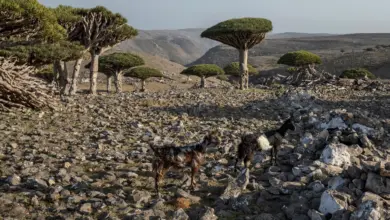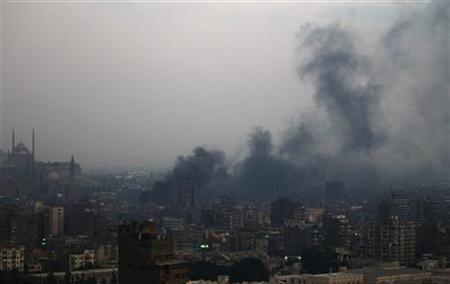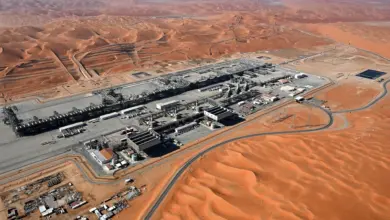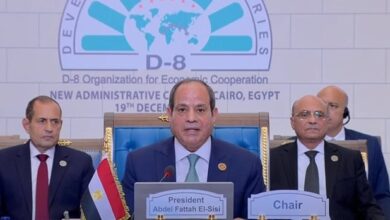The Brazilian government recently invited more than 2000 scientists, researchers, political and environmental activists to a gathering in the coastal city of Fortaleza to review environmental protection efforts over the past 18 years since the Earth Summit. Keen on maintaining environment debates under its direct supervision, Brazil hosted the Second International Conference: Climate, Sustainability and Development in Semi-Arid Regions to discuss the need to curb environmental degradation and address dangers that are likely to arise in the future.
Even though Brazil also hosted the Earth Summit in 1992, its current efforts at economic growth have had a damaging effect on the environment. The same is true of other economic powers like China, India, Japan, the US and the EU. Together their actions have had negative repercussions for nations around the world.
I was among those who went to Fortaleza, leaving behind Cairo and its sweltering summer heat. The conference sessions made me certain that the main reason developing countries have hitherto failed to address environmental degradation is the lack of political will on their part. Even though these countries are the most adversely affected by environmental degradation, their leaders do not place long-term environmental issues high on their agendas. Instead, they focus on more popular short-term policies.
One recent example is Pakistan's response to the devastating floods which hit the country’s south a few weeks ago, killing over one thousand people and displacing millions. Pakistan has been struck by several disasters over the past five years, but has neglected to enhance its disaster relief capacities. Countries like the US, on the other hand, have incurred fewer losses and suffered a lower death toll when afflicted by natural disasters precisely because they are better prepared for them.
The Fortaleza Conference ended with the release of a declaration entitled “Bringing Drylands into the Mainstream”, which urges world leaders to remain committed to pledges they made at the first Earth Summit
The declaration contains three main points:
- Facing environment degradation and its consequences–such as climatic changes, desertification and food shortages–requires coordinated and collective efforts at global, regional and local levels. It therefore suggests replacing “climate change” with the more comprehensive term “global change”.
- Developing countries must have the capacity to use satellite pictures for detection, prediction and early warnings of crises.
- States must combat desertification over the next ten years.
I presented a study prepared in cooperation with the Institute for Research and Development on some of the environmental disasters likely to hit Egypt in the future. Our research shows that 30 percent of Egypt’s agricultural area has deteriorated due to desertification caused by construction on cultivable land, poor drainage systems, high levels of salinity, and the declining soil fertility.
Furthermore, subterranean water supplies in the regions of North Sinai are being harmed by excessive withdrawal, which will eventually impact agriculture and threaten the livelihoods of thousands of farmers.
There are tons of research papers, studies and reports on how to avoid potential disasters in the future, and at a low cost. However, instead of being proactive, our officials only react after disasters strike and it's already too late.
One recent result of this passive attitude is the frequent power cuts Egyptians are suffering across the country. Egyptian officials insist the power cuts are due to a transient heat wave and therefore claim there is no need to spend another LE7 billion to expand the capacity of our power stations. We seem to insist that there is no connection between climate change on the one hand and water and power supplies on the other.
If we don’t act soon, a day will come when even water will have to be rationed.
Ismail Abdel Gelil is the former director of the Ministry of Agriculture's Desert Research Center.
Translated from the Arabic Edition.




